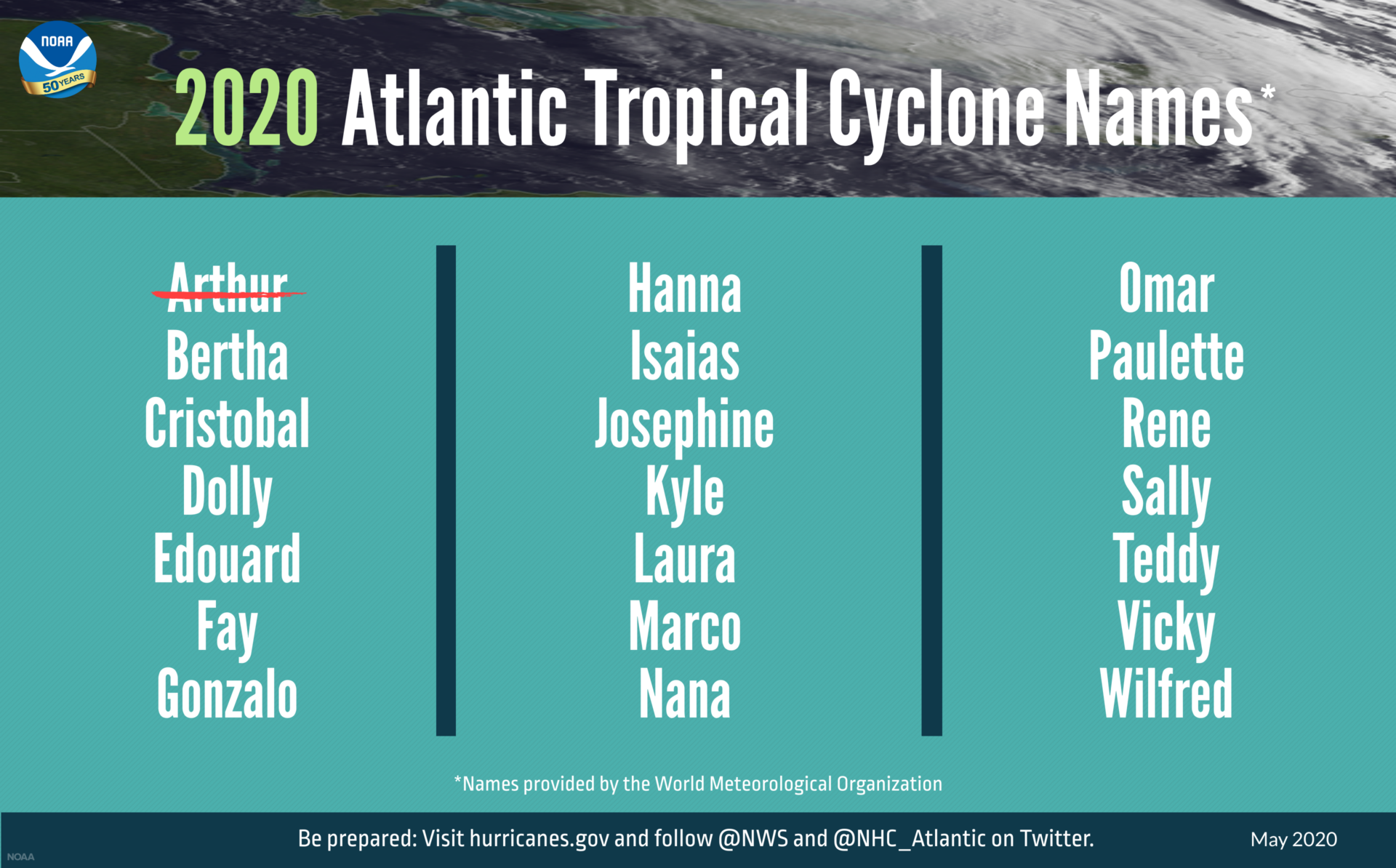Updated July 2020
In collaboration with Crowder Bros. Ace Hardware
Hurricane season in Florida can take place from June through November. In areas with a high likelihood of hurricanes, it is important to prepare your home. We sat down with Bruce Phillips, owner of Lakeland’s Crowder Bros. Ace Hardware, to get some helpful tips on preparing your house before, during, and after a hurricane.
Here is our Hurricane Supply Checklist
- Make a disaster relief kit filled with things like batteries, flashlights, first-aid supplies, cash, and copies of important documents in the event that you must evacuate. In the case of evacuation, know your local evacuation routes and have a plan for where you can stay. For more information, contact your local emergency management agency.
- If you do not evacuate, supply your house with adequate food and water to last for several days in case of power outages and road closures due to flooding.
- With the likelihood of strong winds during a hurricane, trim or remove damaged trees and limbs to decrease the possibility of your property being damaged by flying debris.
- Inspect and secure your rain gutters and downspouts, and clear any clogs that may exist to prevent water damage. Retrofit your roof, windows, doors, and garage doors to reinforce and secure your home to further reduce chances of damage.
- If you are replacing your roof entirely, consider spending extra money on sealing your roof-deck and also make sure to add roof straps, which attach the roof to the walls using metal straps. If you aren’t replacing your roof, and if you can access your roof from the attic, you can add the metal roof straps to your home from there.
- If you have a porch or a carport connected to your house, ensure that the support posts for these structures are well attached to the ground. In the case of high-speed winds, these structures may rip away from your house, leaving a large hole.
- Remove any free-standing objects from your lawn and store inside. This includes any object that could be picked up and thrown about in the instance of high winds, like lawn furniture, grilling equipment, and outdoor decorations.
- Consider investing in a portable generator, or install a backup generator for power outages. If you choose to do this, it is important to remember to keep your alternate power source outside and at least 20 feet away from windows and doors, protected from moisture. Do not power your house by plugging the generator into a wall outlet.
- Invest in building a safe room in accordance with FEMA guidelines. This room is a hardened structure designed to provide the best protection for extreme weather conditions. When constructed properly, in accordance with FEMA guidance, these rooms give occupants a higher probability of protection from injury and death.
How to Clean Up After the Storm:
- Limit your contact with any flood water, as it may contain high levels of sewage and bacteria and other hazardous materials. Do not turn on your well pump, because of the danger of electric shock. Instead, get help from a well or pump contractor to aid in cleaning and disinfecting your pump before use. Once the pump is turned on, pump the well until the water runs clean to ensure the well is clear of flood water.
- To get rid of mold, you must control the moisture in your home. Do this by removing standing water in indoor areas, air drying your house by opening all doors and windows, and using fans to dry out all other areas. Clean wet items using commercial cleaners and water. If you see mold, clean objects using a mix of bleach and water in an open, well-ventilated area. Fix leaks in roof, walls, and plumbing as soon as possible. Any objects that you cannot dry or clean out within 48 hours, throw away.
- Do not bury or burn disaster debris, like rubble, soil, tree and plant waste, and personal property without an approved waiver to limit the side effects associated with smoke and soil contamination from burial. Check your town’s disaster debris management plan to address issues of debris removal. If your town does not have a debris plan, you may want to bring up making one to local government officials. The EPA has guidelines in place to help address making a plan.
For More information visit acehardware.com.

